ZOOT SUIT
and Other Plays
LUIS VALDEZ

Acknowledgements
This volume is made possbile through a grant from the National Endowment for the Arts, a federal agency, and the Ford Foundation.
The following people and institutions were instrumental in the development of this collection of plays:
El Teatro Campesino
Zoot Suit
The Mark Taper Forum. The Rockefeller Foundation, The Shubert Organization, Alice McGrath, George Shibly, Ben Margolis, The Leyvas Family, The 38th St. Club.
Bandido!
NEA Theater Program, AT&T On Stage.
I Dont Have to Show You No Stinking Badges!
Lila Wallace-Readers Digest Foundation, Charles Duggan, Los Angeles Theatre Center.
For reprint rights contact: Arte Pblico Press
Recovering the past, creating the future
Arte Pblico Press
University of Houston
452 Cullen Performance Hall
Houston, TX 77204-2004
Cover design by Mark Pin
Cover illustration by Ignacio Gmez
Zoot Suit & Other Plays / Luis Valdez
p. cm.
Contents: Zoot Suit-Bandido!-I dont have to show you no stinking badges!
ISBN 978-1-55885-048-4
1. Mexican Americans-Drama. I. Title
PS3572.A387Z6 1992 | 91-4z1789 |
812.54-dc20 | CIP |
 The paper used in the publication meets the minimum requirements of the American National Standard for Permanence of Paper for Printed Library Materials Z39.48-1984
The paper used in the publication meets the minimum requirements of the American National Standard for Permanence of Paper for Printed Library Materials Z39.48-1984
Copyright 1992 by Luis Valdez
Printed in the United States of America
10 11 12 13 14 15 16 18 17 16 15 14 13 12
To my lovely wife and co-worker, Lupe Trujillo Valdez
All rights reserved. All materials in Zoot Suit and Other Plays are the sole property of Luis Valdez. All dramatic, motion picture, radio, television and videotape rights are strictly reserved. No performances, professional or amateur, nor any broadcast, nor any public reading or recitation may be given without expressed written permission in advance. All inquiries should be addressed to:
El Teatro Campesino
P.O.Box 1240
San Juan Bautista, CA 95045
(408) 623-2444
FAX (408) 623-4127
Contents
, Jorge Huerta
INTRODUCTION
It is a pleasure to introduce the reader to Zoot Suit, Bandido! and I Dont Have to Show You No Stinking Badges!, as well as to their celebrated creator, Luis Miguel Valdez. These plays have never been published before and are an important addition to the growing corpus of Valdezs writings that have been preserved for future theater artists, students, scholars and the general reader. These three plays represent only a fraction of Valdezs astounding output since he first began writing plays in college.
For some, Luis Valdez needs no introduction; for others, his name may only be associated with his more widely seen films and television programs. No other individual has made as important an impact on Chicano theater as Luis Valdez. He is widely recognized as the leading Chicano director and playwright who, as the founder of El Teatro Campesino (Farmworkers Theatre) in 1965, inspired a national movement of theater troupes dedicated to the exposure of socio-political problems within the Chicano communities of the United States. His output includes plays, poems, books, essays, films and videos, all of which deal with the Chicano and Mexican experience in the U.S. Before discussing the plays in this collection, I would like to briefly trace the director/playwrights development, placing him and these plays in their historical context.
From Flatbed Trucks to Hollywood Sound Stages: The Evolution of Luis Valdez
Luis Valdez was born to migrant farmworker parents in Delano, California, on June 26, 1940, the second in a family of ten children. Although his early schooling was constantly interrupted as his family followed the crops, he managed to do well in school. By the age of twelve, he had developed an interest in puppet shows, which he would stage for neighbors and friends. While still in high school he appeared regularly on a local television program, foreshadowing the work in film and video which would later give him his widest audience. After high school, Valdez entered San Jose State College where his interest in theater fully developed.
Valdezs first full-length play, The Shrunken Head of Pancho Villa, was produced by San Jose State College in 1964, setting the young artists feet firmly in the theater. Following graduation in 1964, Valdez worked with the San Francisco Mime Troupe before founding El Teatro Campesino. Valdez became the Artistic Director as well as resident playwright for this raggle-taggle troupe of striking farmworkers, creating and performing brief comedia-like sketches called actos about the need for a farmworkers union. The acto became the signature style for the Teatro and Valdez, inspiring many other teatros to emulate this type of broad, farcical and presentational political theater based on improvisations of socio-political issues.
Within a matter of months El Teatro Campesino was performing away from the fields, educating the general public about the farmworkers struggle and earning revenue for the Union. By 1967 Valdez decided to leave the ranks of the union in order to focus on his theater rather than on the demands of a struggling labor organization. As a playwright, Valdez could now explore issues relevant to the Chicano beyond the fields; as a director, he could begin to develop a core of actors no longer committed to one cause and one style alone.
Although he and his troupe were working collectively from the beginning, the individual playwright in Valdez was anxious to emerge. Discussing the process of writing plays outside of the group, Valdez recalled: I used to work on them with a sense of longing, wanting more time to be able to sit down and write. In 1967, the playwright did sit down and write, creating what he termed a mito, or myth, that condemned the Vietnam war, titled Dark Root of a Scream. This contemporary myth takes place during a wake for a Chicano who died in Vietnam, an ex-community leader who should have stayed home and fought the battle in the barrio. The dead soldier becomes symbolic of all Chicanos who fought in a war that the playwright himself objected to. I refused to go to Vietnam, Valdez said twenty years later, but I encountered all the violence I needed on the home front: people were killed by the farmworkers strike.
In 1968 the Teatro was awarded an Obie, off-Broadways highest honor, and the following year Valdez and his troupe gained international exposure at the Theatre des Nations at Nancy, France. In 1970 Valdez wrote his second mito, Bernab. This one act play is the tale of a loquito del pueblo (village idiot), Bernab, who is in love with La Tierra (The Earth) and wants to marry her. La Tierra is portrayed as a soldadera, one of the women who followed and supported the troops during the Mexican Revolution of 1910.
Bernab is a wonderfully written play that brings together myth and history, contemporary figures and historical icons. The allegorical figure of La Luna, brother to La Tierra, is portrayed as a Zoot Suiter. This is Valdezs first theatrical exploration of this 1940s Chicano renegade, foreshadowing one of his most powerful characters, El Pachuco, in


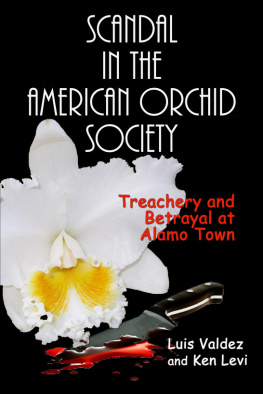
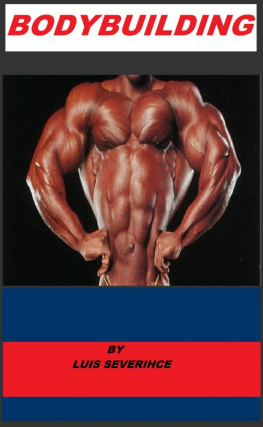
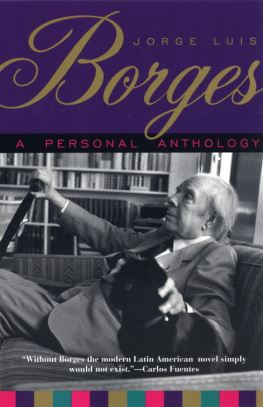
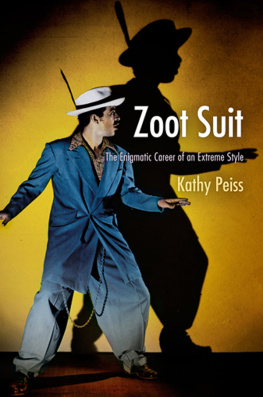
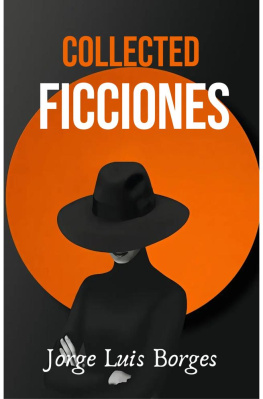
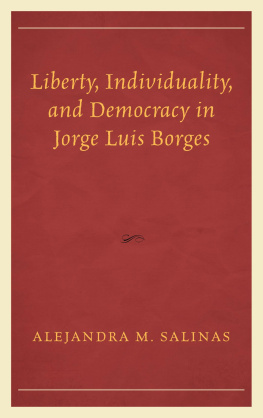
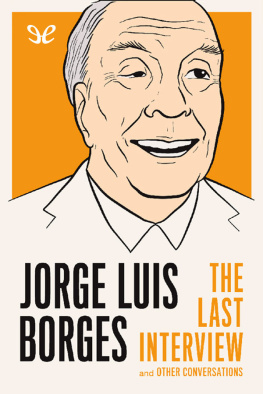

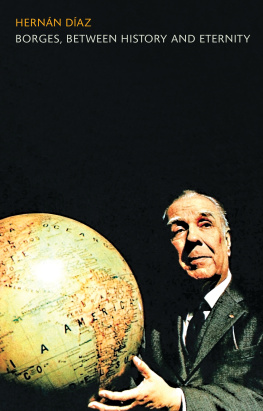

 The paper used in the publication meets the minimum requirements of the American National Standard for Permanence of Paper for Printed Library Materials Z39.48-1984
The paper used in the publication meets the minimum requirements of the American National Standard for Permanence of Paper for Printed Library Materials Z39.48-1984